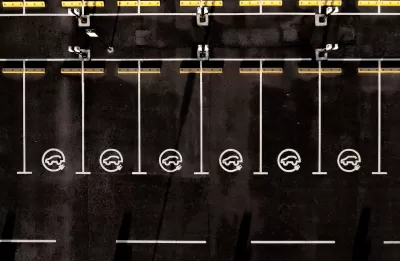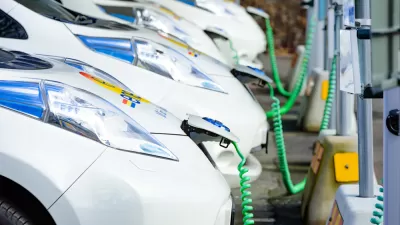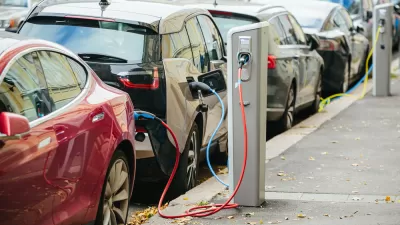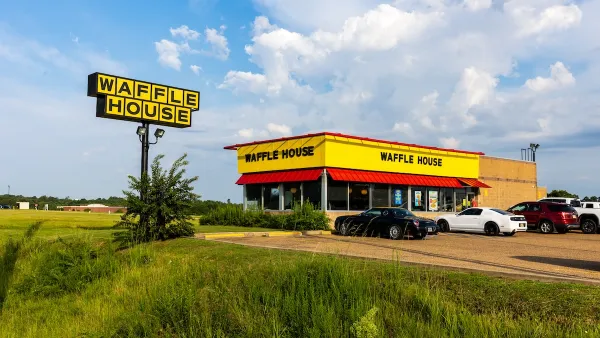A UCLA research team identifies gaps in incentive uptake and electric vehicle registration rates in disadvantaged communities.

California aims to phase out gas-powered cars by 2035, relying on increased electric vehicle (EV) adoption supported by various incentive programs. A recent UCLA Luskin Center for Innovation (LCI) report reveals significant disparities in the effectiveness of these programs, particularly in disadvantaged communities. Despite nearly a million incentives totaling close to $2 billion distributed since 2010, only about 15% of the funds have reached households in these communities.
The study also examines clean vehicle registration rates, showing that while statewide EV adoption has risen, rural areas, the urban core of Los Angeles, and lower-income communities lag behind. This trend is projected to persist through 2035, with marginalized communities falling further behind due to the lack of affordable EV options. Lead author Rachel Connolly emphasizes the need for targeted investments to ensure a just transition to clean energy in California.
To address these equity issues, the LCI report suggests several policy changes, including: increasing funding for targeted EV programs, improving vehicle financing options, enhancing the availability of used clean vehicles, expanding charging infrastructure in disadvantaged areas, and refocusing state platforms to provide financial savings rather than just advertising. These steps are crucial for California to achieve its clean vehicle targets equitably.
FULL STORY: California’s clean vehicle transition is not so equitable (yet)

Planetizen Federal Action Tracker
A weekly monitor of how Trump’s orders and actions are impacting planners and planning in America.

Congressman Proposes Bill to Rename DC Metro “Trump Train”
The Make Autorail Great Again Act would withhold federal funding to the system until the Washington Metropolitan Area Transit Authority (WMATA), rebrands as the Washington Metropolitan Authority for Greater Access (WMAGA).

The Simple Legislative Tool Transforming Vacant Downtowns
In California, Michigan and Georgia, an easy win is bringing dollars — and delight — back to city centers.

In These Cities, Most New Housing is Under 441 Square Feet
With loosened restrictions on “micro-housing,” tiny units now make up as much as 66% of newly constructed housing.

Albuquerque’s Microtransit: A Planner’s Answer to Food Access Gaps
New microtransit vans in Albuquerque aim to close food access gaps by linking low-income areas to grocery stores, cutting travel times by 30 percent and offering planners a scalable model for equity-focused transit.

This City Will Pay You to Meet Your Neighbors
A North Kansas City grant program offers up to $400 for residents to throw neighborhood block parties.
Urban Design for Planners 1: Software Tools
This six-course series explores essential urban design concepts using open source software and equips planners with the tools they need to participate fully in the urban design process.
Planning for Universal Design
Learn the tools for implementing Universal Design in planning regulations.
Smith Gee Studio
City of Charlotte
City of Camden Redevelopment Agency
City of Astoria
Transportation Research & Education Center (TREC) at Portland State University
US High Speed Rail Association
City of Camden Redevelopment Agency
Municipality of Princeton (NJ)





























